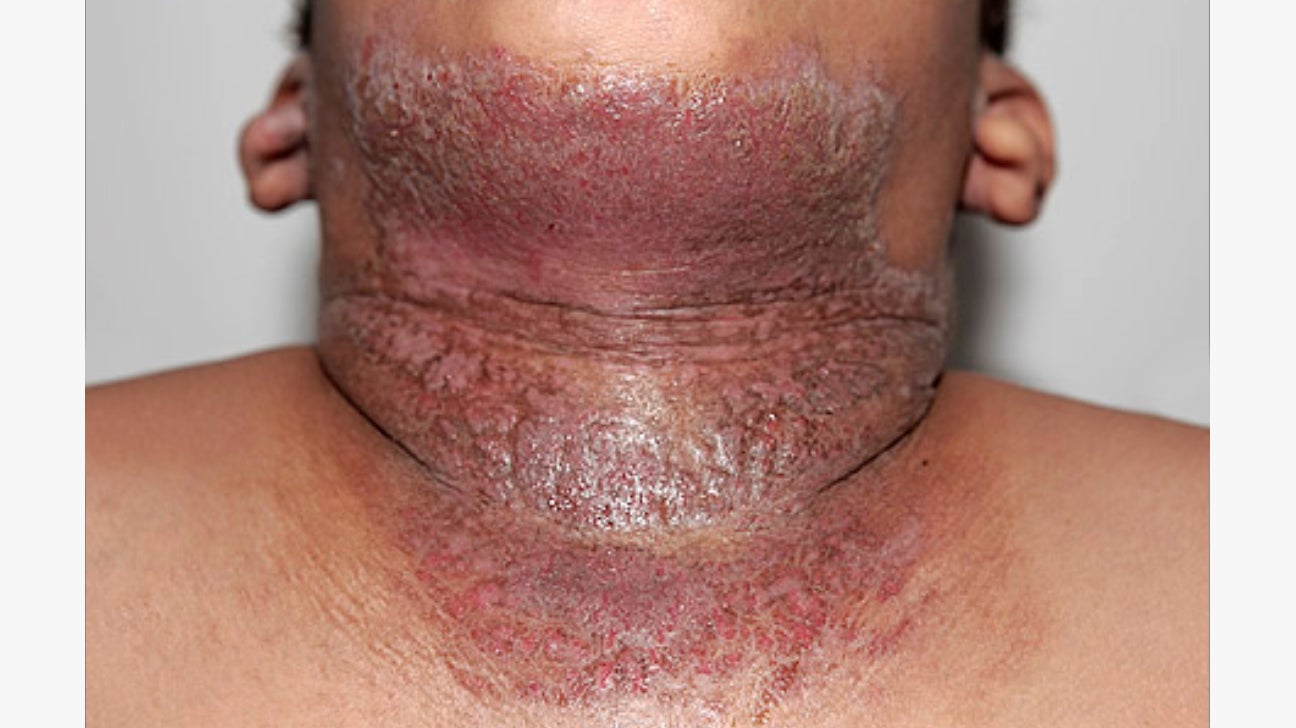In a historic move, the World Health Assembly has officially recognized skin diseases as a global public health priority. This marks a major shift in how dermatological conditions are perceived and treated worldwide.
Key Highlights:
- Reclassification: Skin diseases are no longer viewed as merely cosmetic but as serious medical conditions with profound physical, emotional, and social impacts.
- Global Burden: Over 4.7 billion people suffer from various skin conditions, many of which remain underdiagnosed or undertreated due to limited healthcare access.
- Strategic Actions:
- Increased funding for dermatology research and care;
- Training healthcare workers in resource-limited regions;
- Stronger laboratory and epidemiological surveillance;
- Integration of dermatology into universal health coverage (UHC) systems.
Why This Matters
- Reducing Stigma: Millions face discrimination, anxiety, and depression due to visible skin conditions.
- Early Detection Saves Lives: Many skin lesions are early indicators of systemic diseases such as lupus, psoriasis, or skin cancer.
- Innovation in Care: AI-driven diagnostic tools are emerging, helping dermatologists accurately classify and treat conditions like eczema and psoriasis.
Next Steps
The campaign “No Health Without Skin Health”, launched for World Skin Health Day 2025, is expanding mobile skin clinics and education programs in underserved regions. Researchers are also exploring genetic and immunological markers (e.g., elevated IL‑13 and IL‑17) to improve targeted treatments.
✅ Summary
This decision represents a major victory for global health, paving the way for better funding, research, and public awareness. Millions of people suffering from chronic or stigmatized skin conditions could soon benefit from earlier diagnosis, better treatments, and improved quality of life.




